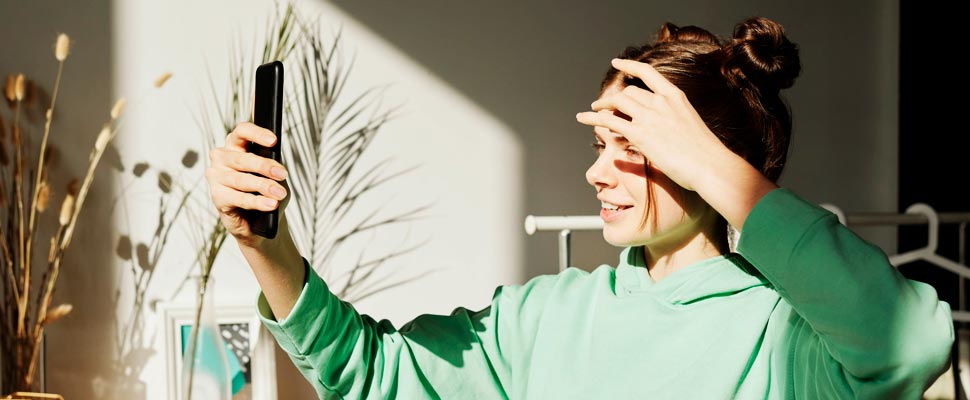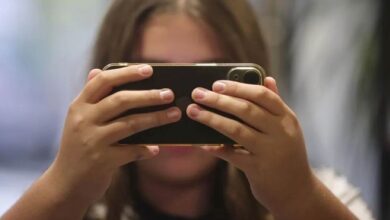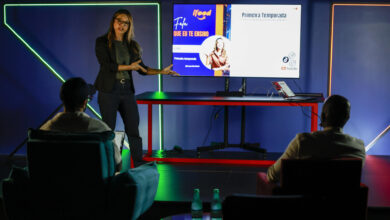Influencers in times of coronavirus
In quarantine season, what type of content are influencers generating?

The content produced by the ‘influencers’ during the quarantine has generated that their audience begins to question them. / Photo: Pexels
LatinAmerican Post | Tatiana Restrepo
Escucha este artículo
Leer en español: Los influencers en tiempos de coronavirus
With the rise of access to social networks and the massive participation of the world in these platforms, influencers have become role models for their audiences on various topics. However, recently many have received criticism for the content they are generating during the quarantine, at which time people are fully connected, consuming the content in a constant and accelerated manner.
The influencers in quarantine have begun to increase the content according to the topics they like, be it music, video games, food, exercise, makeup, among others. This with the aim of keeping their audiences active, generating profitable content during isolation, and naturally increasing their followers. However, not all reactions and interactions have been positive, even some measures have been branded as desperate.
Do they contribute or not?
One of the ways that influencers interact with their audiences is through challenges and contests. Some have positively participated in fundraising campaigns for people in need and have supported governments' decisions to urge the population to stay home. This has undoubtedly made an impact because their messages manage to be amplified by the number of people who follow them. However, some publications have not had positive reactions from followers.
Also read: The most curious Guinness World Records in video games
An example is the case of Stephanie Herela, YouTuber and Bolivian model who last weekend decided to donate once a week to a family in need of 300 Bolivian pesos for five consecutive weeks. For this, she established “challenge” conditions to tag friends, follow her on social networks, and send a video showing the situation of need due to hunger or health problems. This contest was announced through her accounts with the hashtag #StephanieHerelaChallenge, generating controversy among users who accused her of wanting to earn likes with the suffering of other people. As reported by the Bolivian newspaper La Prensa, the Gambling Control Authority opened an investigation to define the influencer's infractions by spreading this contest without authorization.
They don't know what to do anymore …
In addition, this pandemic has tested the creativity of influencers to stand out among the saturation of content that social networks present today. They have run out of ideas because they only have their daily life to offer. Some have been totally desperate during the quarantine, as is the case of the Mexican influencer Mario Sierra, who posted a video on his Instagram account showing despair at not being able to go shopping and having to work because he sent his housekeeper home. This video also generated a wave of criticism.
In this way, isolation as a consequence of the covid-19 has undoubtedly become a challenge for influencers, since the same audiences begin to question whether from their role they are generating value in an era where empathy and solidarity should prevail or if they are taking advantage of a frivolous way to sell more products and gain more likes and followers.




